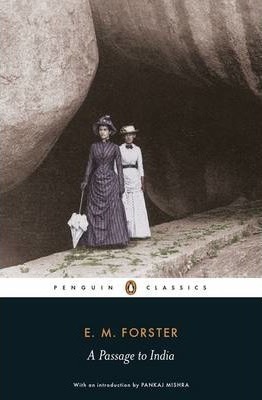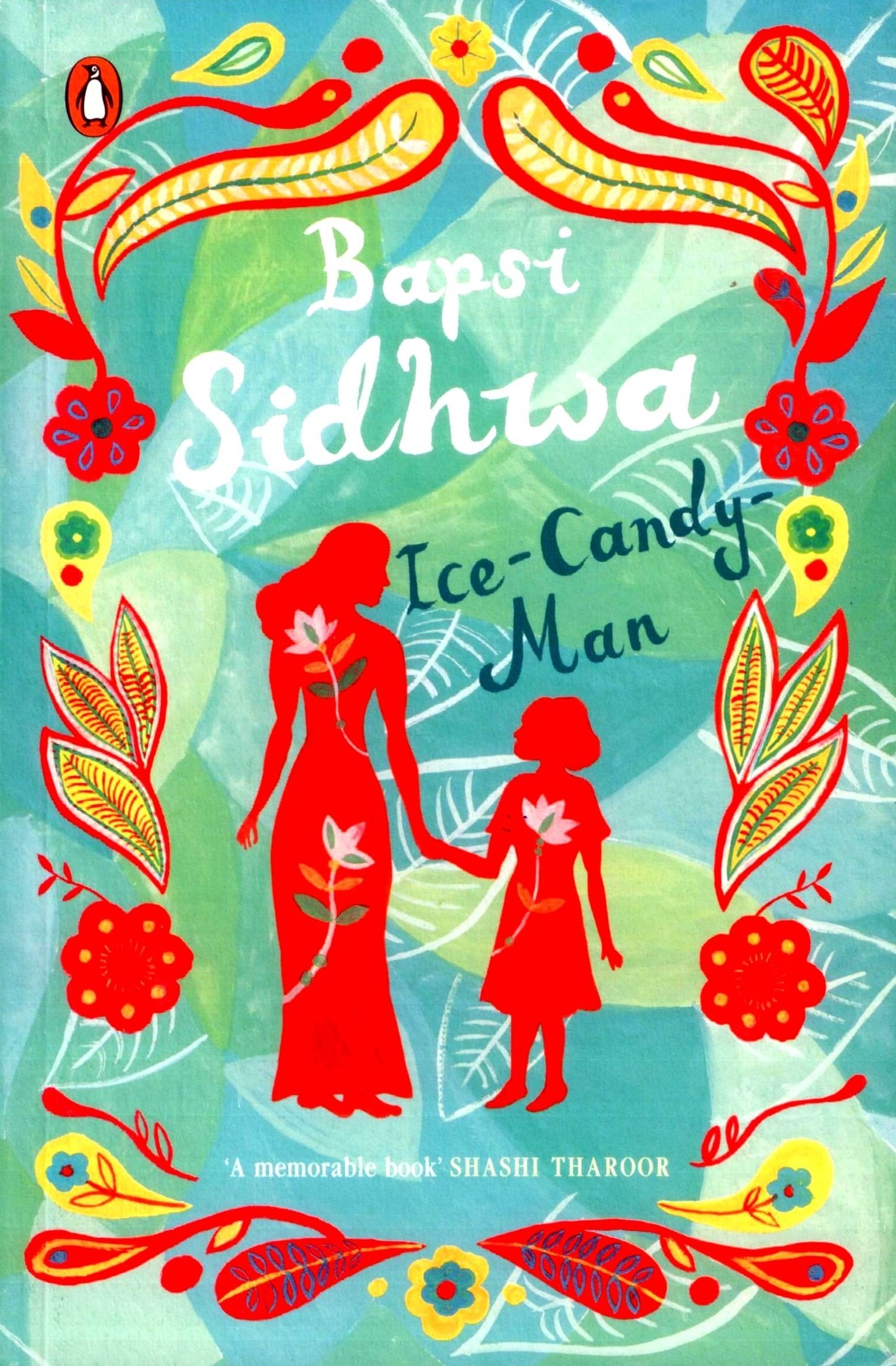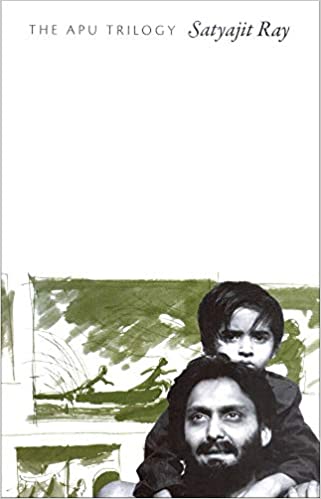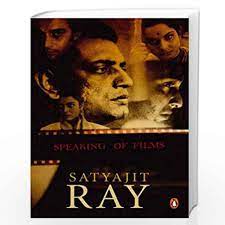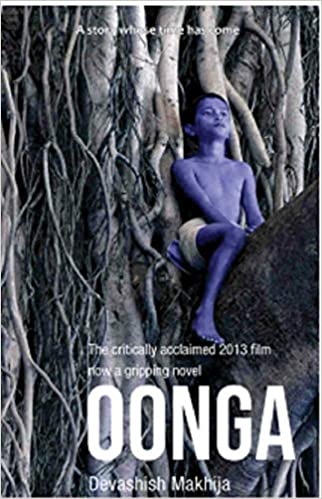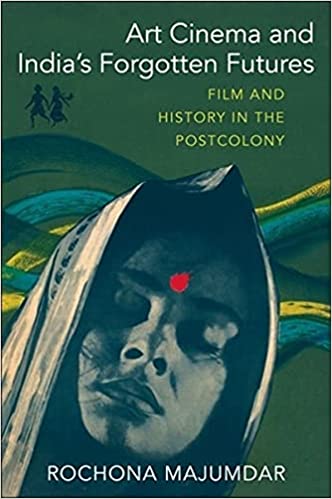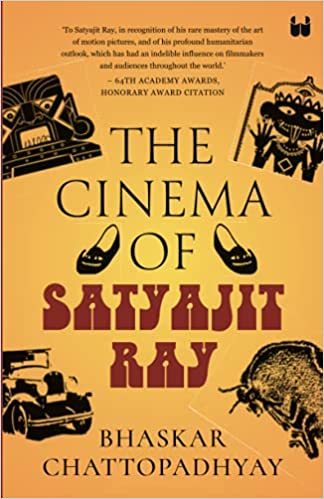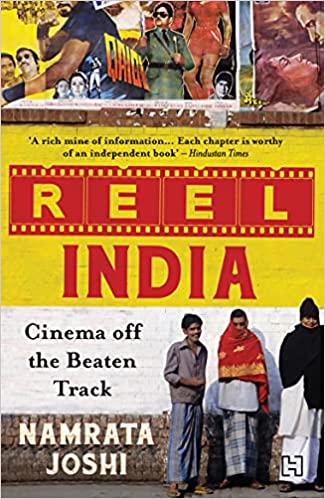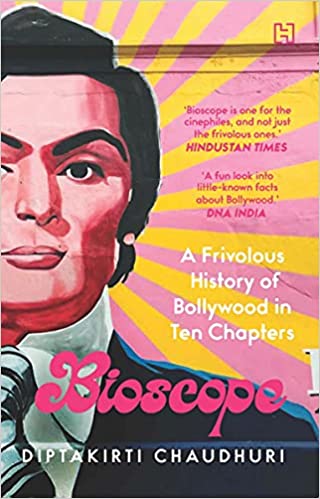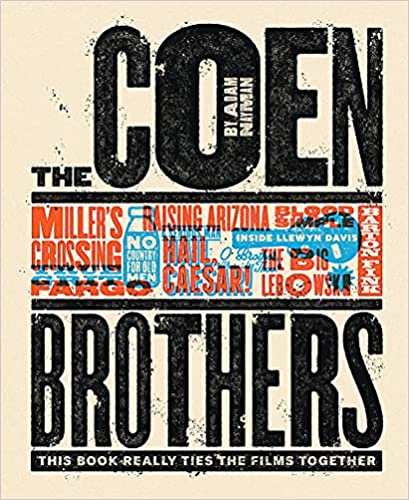A Passage to India
- Publisher : Penguin Random House
- Publishing year : July 2005
- Binding : Paperback
- ISBN : 9780141441160
- Imprint : Penguin Classics
- Age Group : Adult
- Language : English
A compelling portrait of a society in the grip of imperialism, A Passage to India depicts the fate of individuals caught ...
A compelling portrait of a society in the grip of imperialism, A Passage to India depicts the fate of individuals caught in the great political and cultural conflicts of their age. It begins when Adela and her elderly companion Mrs Moore arrive in the Indian town of Chandrapore, and feel trapped by its insular and prejudiced British community. Determined to explore the 'real India', they seek the guidance of the charming and mercurial Dr Aziz. But a mysterious incident occurs while they are exploring the Marabar caves, and the well-respected doctor soon finds himself at the centre of a scandal.
Edward Morgan Forster was born on January 1, 1879, in London and was raised from infancy by his mother and paternal aunts after his father’s death. Forster’s boyhood experiences at the Tonbridge School, Kent, were an unpleasant contrast to the happiness he found at home, and his suffering left him with an abiding dislike of the English public school system. At King’s College, Cambridge, however, he was able to pursue freely his varied interests in philosophy, literature, and Mediterranean civilization, and he soon determined to devote his life to writing. His first two novels, Where Angels Fear to Tread (1905) and The Longest Journey (1907), were both poorly received, and it was not until the publication of Howards End, in 1910, that Forster achieved his first major success as a novelist, with the work many considered his finest creation. Forster first visited India during 1912 and 1913, and after three years as a noncombatant in Alexandria, Egypt, during World War I and several years in England, he returned for an extended visit in 1921. From those experiences came his most celebrated novel, A Passage to India, his darkest and most probing work and perhaps the best novel about India written by a foreigner. As a man of letters, Forster was honored during and after World War II for his resistance to any and all forms of tyranny and totalitarianism, and King’s College awarded him a permanent fellowship in 1949. He spent his later years at Cambridge writing and teaching, and died in Coventry, England, on June 7, 1970. His novel, Maurice, written several decades earlier, was published posthumously in 1971.

